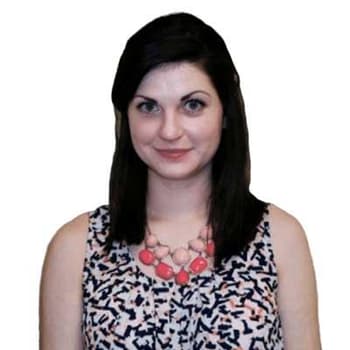Impulse control disorder treatment can be difficult as there are few approved treatments. However, treatments for impulse control disorder exist, and there is hope for reducing or eliminating symptoms.
Every person’s treatment plan will vary based on the identified impulse control and other factors such as whether the person is already on medication. For people who develop an impulse control disorder after beginning treatment for Parkinson’s disease, the treating medication may change. For other individuals, a new medication may be added to help with impulse control disorder symptoms.
Medications for Impulse Control Disorder
There are no medications forimpulse control disorder. Despite the lack of medication, several medications are used off-label to treat impulse control disorders.
- Antidepressants.Antidepressantscan treat irritability associated with impulse control disorders. Antidepressants may be a viable treatment option for the urge to engage in impulsive behavior characterized by growing irritability and agitation.
- Mood Stabilizers.Mood stabilizershave the least clinical evidence of successful treatment of impulse control disorders, but some people have experienced positive benefits from these medications. A mood stabilizer may reduce the intensity of the anxious feeling that causes a person to act on an impulse.
- Opioid Antagonists.The medicationnaltrexonereduces drug cravings in people withsubstance use disorders. Some people with impulse control disorders may benefit from this medication, and it may also reduce the craving or urge to engage in an impulsive behavior.
- Atypical Neuroleptics.Atypical neuroleptics are newer alternatives to first-generation antipsychotics, sometimes called typical neuroleptics. These medications have fewer side effects and are better tolerated. Atypical neuroleptics work by blocking brain chemicals which contribute to the experience of finding the impulsive behavior rewarding.
- Glutamatergic Agents.N-acetyl cysteine, or NAC, has been used in people with substance use disorders similar toopioid antagonists. If an opioid antagonist causes a negative interaction with another medication, or if the body cannot tolerate it, NAC may be a possible alternative.
Habit Reversal Training
Habit reversal traininghas been beneficial when treating people with obsessive-compulsive disorder. Habit reversal therapy may also be helpful for a person with an impulse control disorder to pinpoint when an impulsive action is about to occur and replace the behavior with a less harmful one.
Treating Impulse Control Disorder with Co-Occurring Substance Abuse
Previously,impulse control disorders and substance use disorderswere both categorized as addictive disorders. There are many differences and similarities between substance use disorders and impulse control disorders. The similarities are one reason these disorders often co-occur. Both disorders are disorders of poor self-control and self-destructive behaviors. When both are present, it is imperative to treat both disorders.
Treatment Can Be Life Changing. Reach out today.
Whether you are struggling with addiction, mental health or both, our expert team is here to guide you every step of the way. Don’t wait— reach out today to take the first step toward taking control of your life.
If you or someone you know is struggling with a substance use and co-occurring disorder like impulse control disorder, help is available. At The Recovery Village, a team of professionals establishes an individualized treatment plan for patients with a substance use and co-occurring disorder. Call andspeak with a representativeto learn more about which treatment program could work for you.








